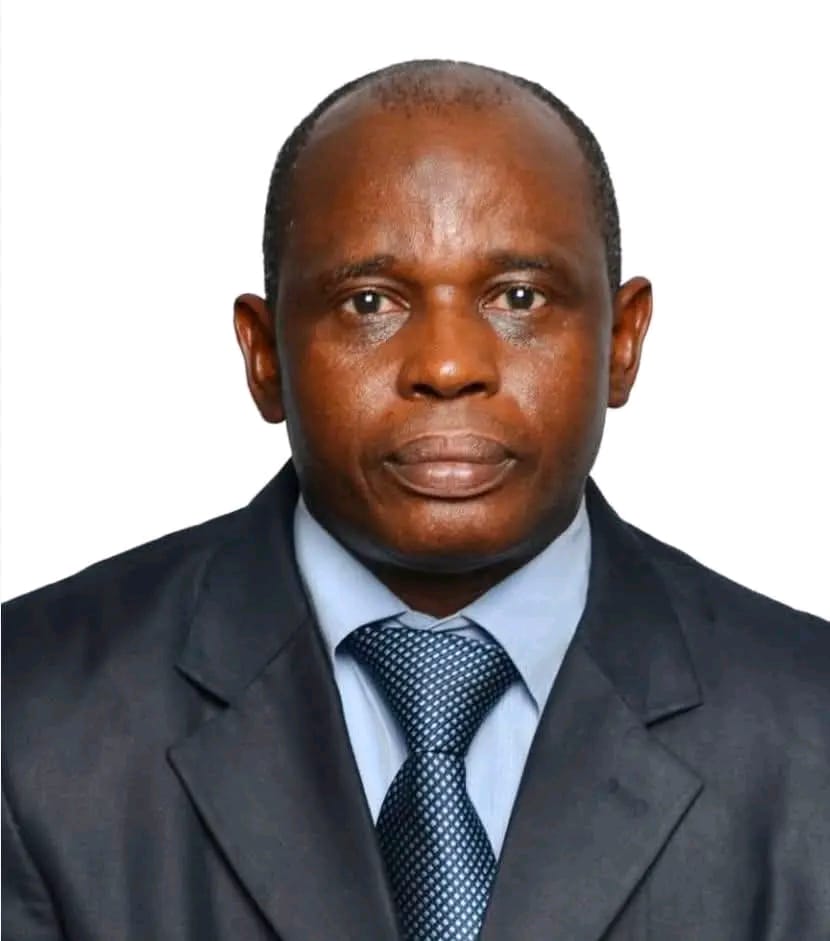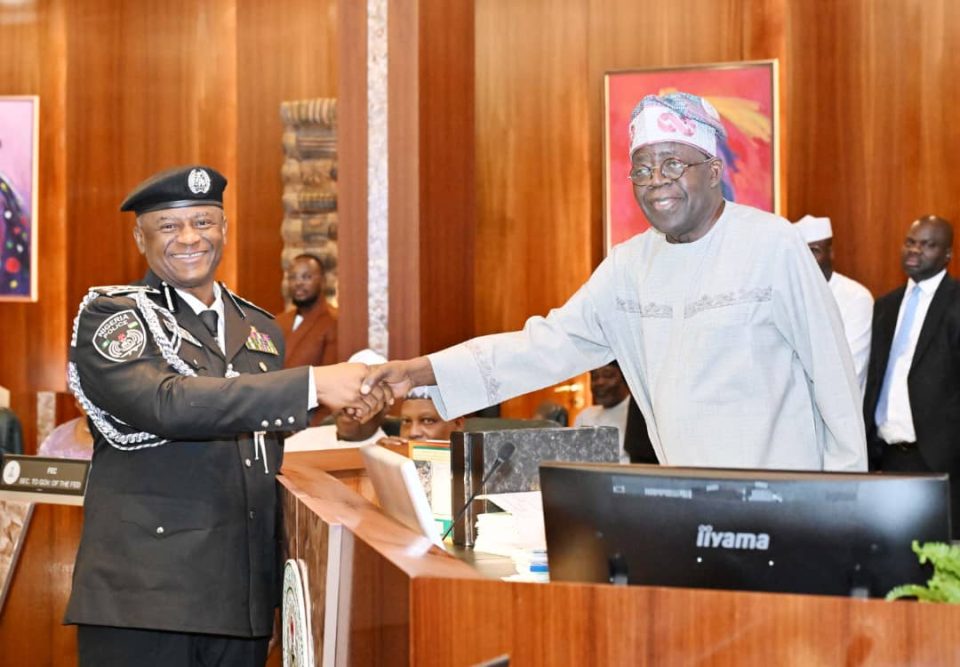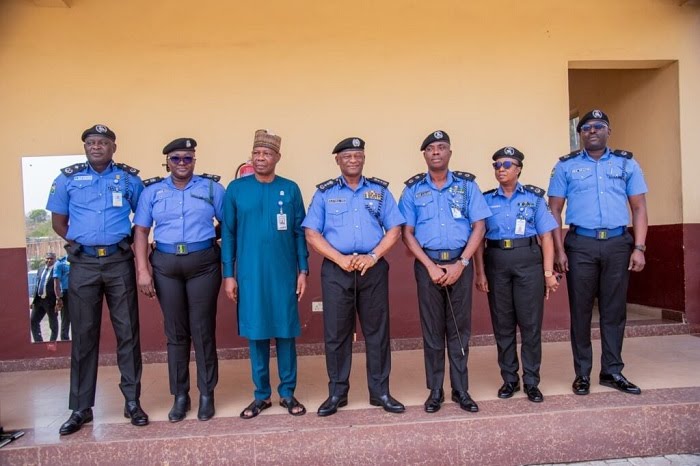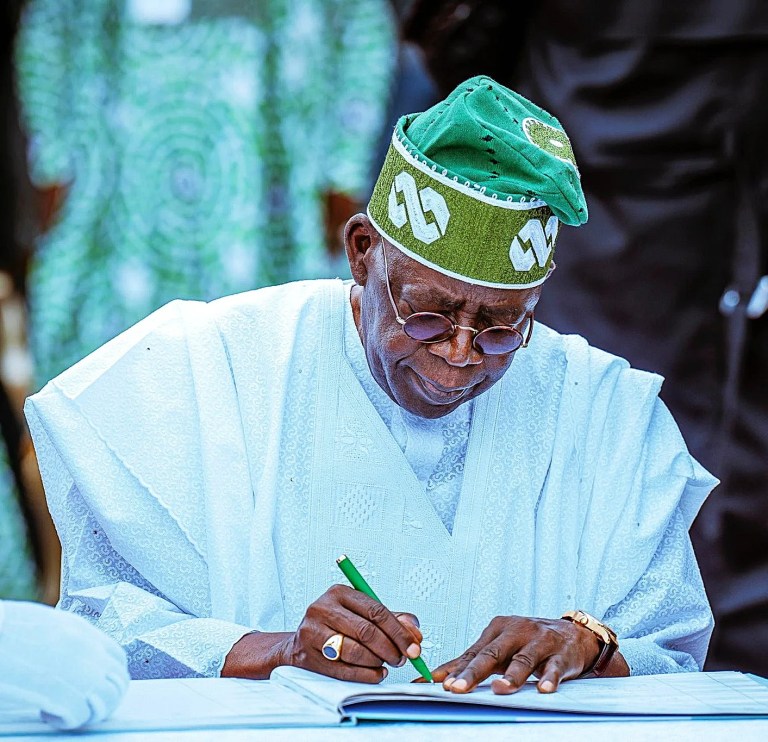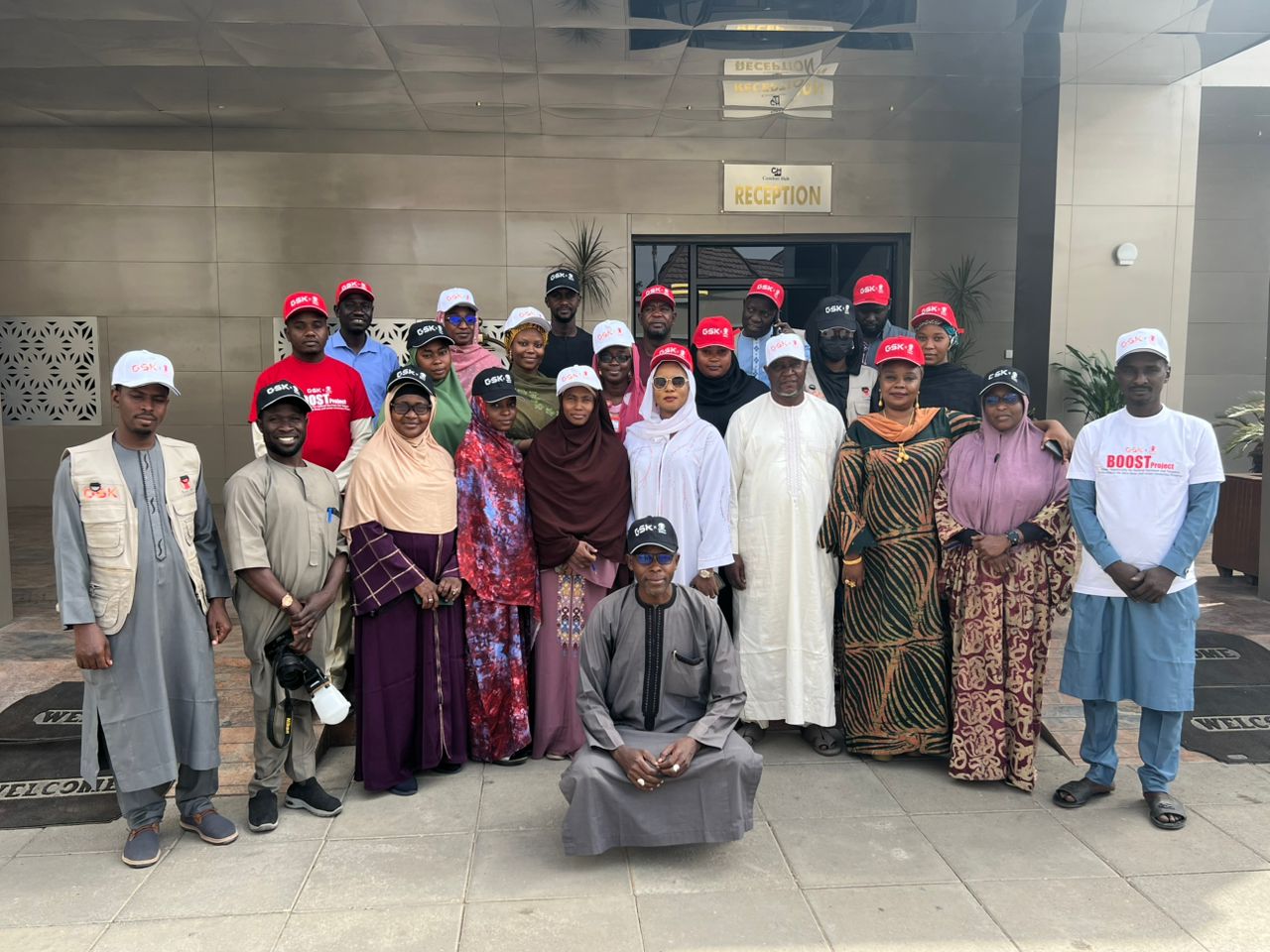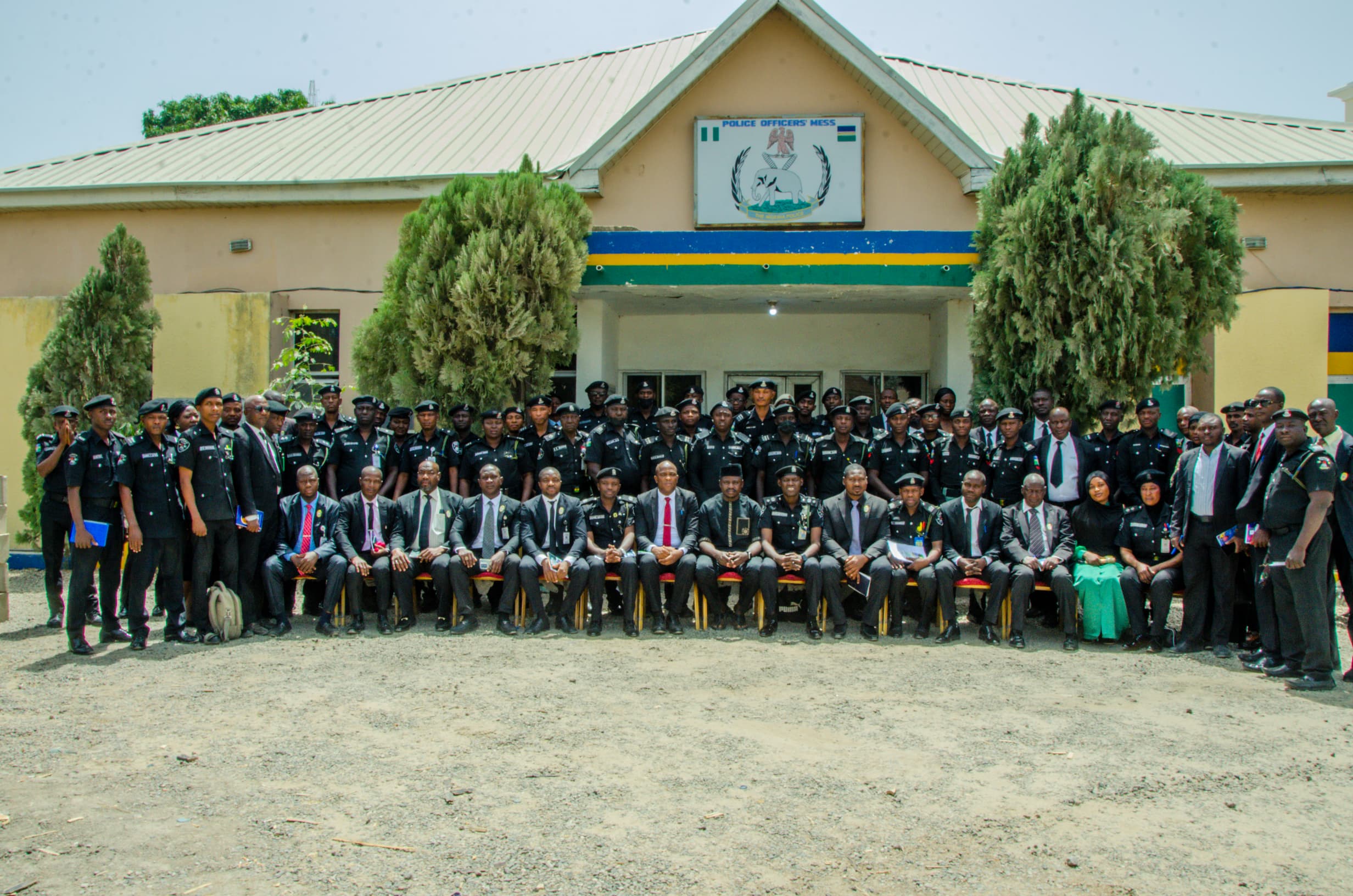The Federal Government has introduced journalism, computer programming, artificial intelligence (AI), robotics, and fact-checking into the new secondary school curriculum, marking a historic shift in Nigeria’s education system.
This was disclosed by Dada Olusegun, Senior Special Adviser to President Bola Ahmed Tinubu on Social Media, who shared excerpts of the yet-to-be-released curriculum document on Tuesday.
Read Also: Tinubu Appoints New Vice Chancellors, Pro-Chancellor for Education Universities
According to the document, journalism will now be embedded into the English Language module at the senior secondary school level, while programming will span both junior and senior classes. Artificial intelligence and robotics will form part of Digital Literacy at the senior secondary level.
The reforms are designed to equip students with 21st-century skills while boosting their capacity for critical thinking, creativity, and innovation.
At the Junior Secondary School (JSS 1–3) level, the curriculum will feature Mathematics, English, Integrated Science, Digital Literacy and Coding, Languages, Creative Arts, and Physical and Health Education. Students will receive practical lessons in Python, Scratch, robotics kits, internet research, and advanced grammar and writing.
At the Senior Secondary School (SS 1–3) level, the curriculum will advance to include programming with Python, JavaScript, and HTML/CSS, artificial intelligence, robotics, cybersecurity, biotechnology, data science, and digital entrepreneurship. Other modules will cover journalism, fact-checking, literature, history, government, philosophy, arts, and advanced physical education.
Students will also undertake Research and Project Work in their final year, requiring them to conduct data collection, analysis, and defense.
Education experts have welcomed the curriculum overhaul, describing it as a bold step toward preparing Nigerian students for global competitiveness in the knowledge economy.

